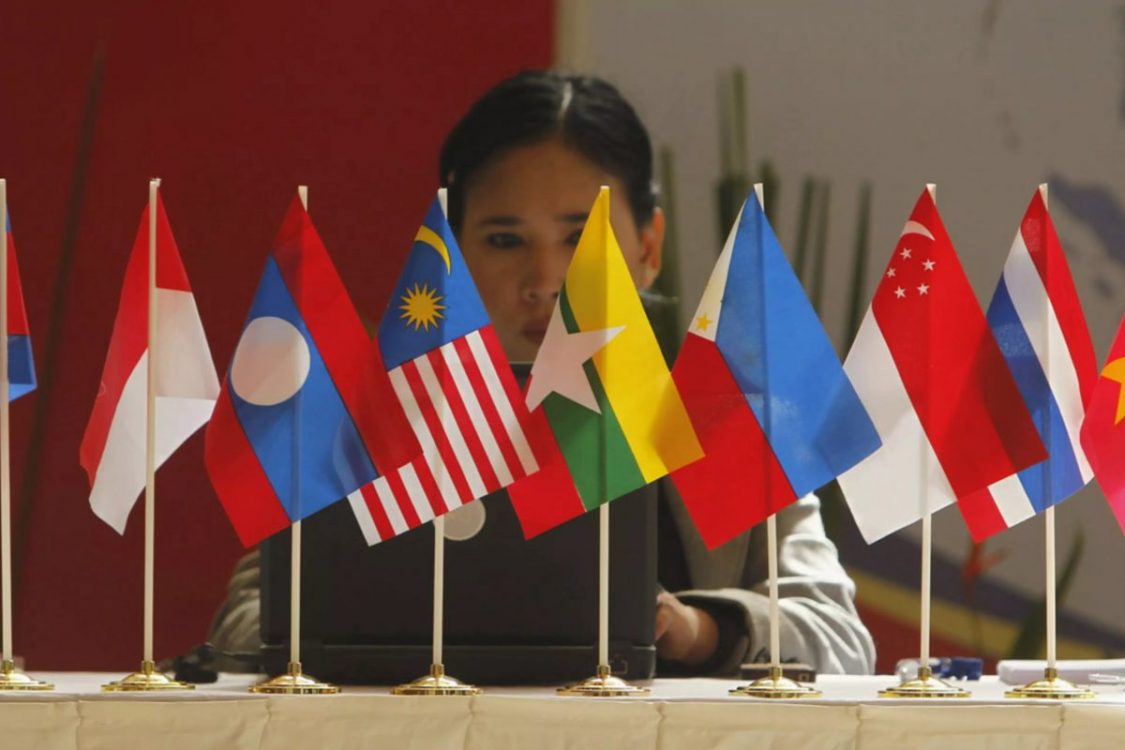How Asia can save the world from doldrums

The world is not what it used to be. The global social and economic landscape has changed drastically, and is still changing inexorably. Unlike a couple of decades ago, no single country can hold the world at ransom by virtue of its unilateral power.
In the current circumstances, there is an increasing vacuum as the erstwhile hegemonies fall victim to developments beyond their control. Indeed, the Covid-19 pandemic exposed the underbelly of the “untouchables”, proving that, after all, we are all vulnerable.
But Asia did not brag about its solidity, even as the continent actually holds some key solutions to overcoming current obstacles. Undoubtedly, the world has entered a new era characterised by the continent’s compassionate governance model. Even amid foreign interference, Asia has managed to hold its own and has come of age ready to offer much needed leadership to a world that is growing increasingly restless and divisive.
There is no doubt that Asia has a lot to offer in stabilising the world if hegemonies can stop talking in their echo chambers. The continent has what it takes across the governance spectrum to stand in the widening gaps caused by lack of resources and political goodwill.
Asia is a neutral continent and has generally avoided adopting extreme or open partisanship during global crises pitting regions and countries against one another. In the current Russia-Ukraine crisis, for instance, Asia has avoided directly wading into the conflict amid coercion and attempts at manipulation to condemn Russia.
The 2021 United Nations “World Urbanisation Prospects” lists eight Asian cities among the fastest top ten growing in the world. These include Delhi and Bangalore in India, Shanghai, Chongqing, and Beijing in China, and Lahore in Pakistan. Leading Asian economies China and India can steer the BRICS top developing economies towards the introduction of a new empathetic development paradigm.
As the largest Asian economy and the second largest in the world, China can take the leadership mantle to harness the continent’s synergies both internally and externally. China is the most powerful and influential Asian country, it has the longest experience in overcoming adversity in the region, and is the most discerning in identifying deception that comes dressed in friendship.
China has also waded into global leadership with two major initiatives. One is the Global
Development Initiative (GDI) which has been adopted by the UN among the major catalysts of accelerating the 2030 Agenda for Sustainable Development. The GDI has received the support of nearly 100 countries and international organisations. The second is the Global Security Initiative (GSI) which aims at achieving “a more just and equitable global governance system with a view to building a community with a shared future for mankind”. The GSI is based on the principles of respecting the sovereignty and territorial integrity of other countries, abiding by the purposes and principles of the UN Charter, respecting the legitimate security concerns of all countries, and working together to address global challenges such as terrorism, climate change, cybersecurity and biosecurity.
The role of prehistoric Asian culture as a nexus for global peace and development cannot be underestimated. It encompasses the collective and diverse customs and traditions of art, architecture, music, literature, lifestyle, philosophy, politics and religion that have been practiced and maintained for eons. These influences have added a lot of value to human development.
With countries that have invented some of the most advanced technologies in various fields, Asia can steer the world free from its current dire straits firmly back to the road towards sustainable peace and development.
— The writer is a PhD student in International Relations











